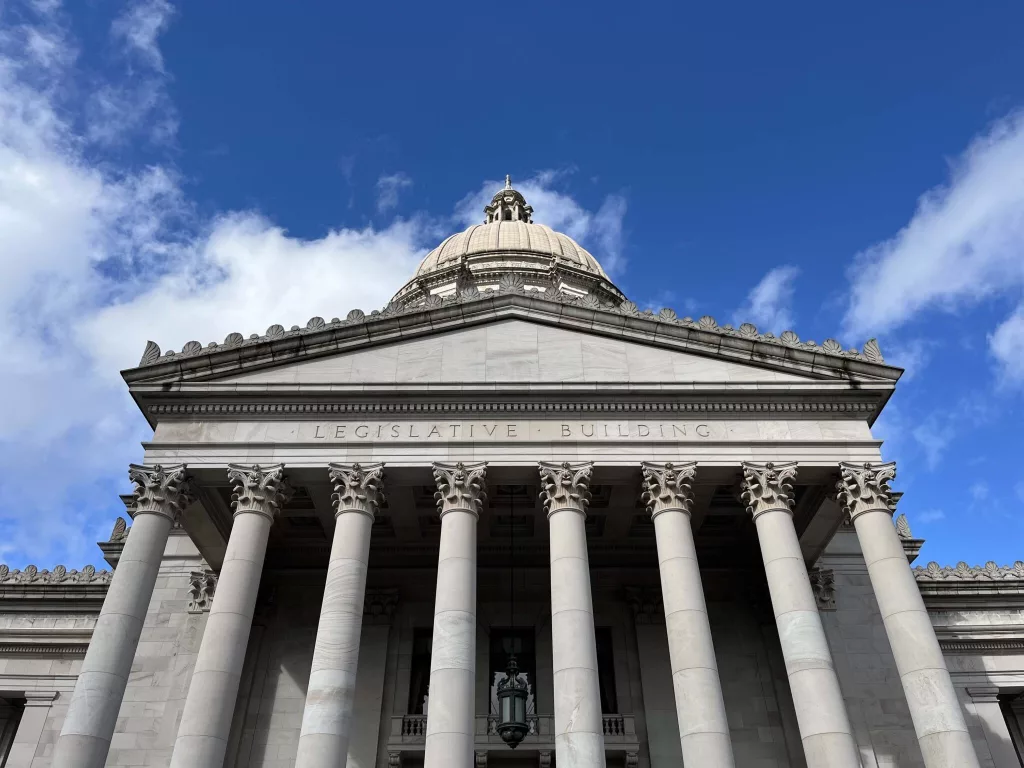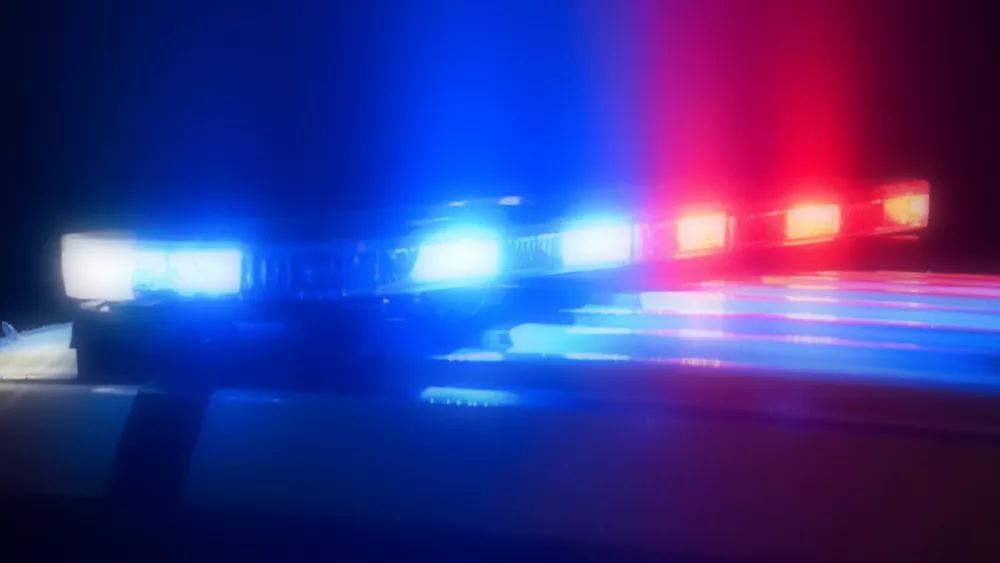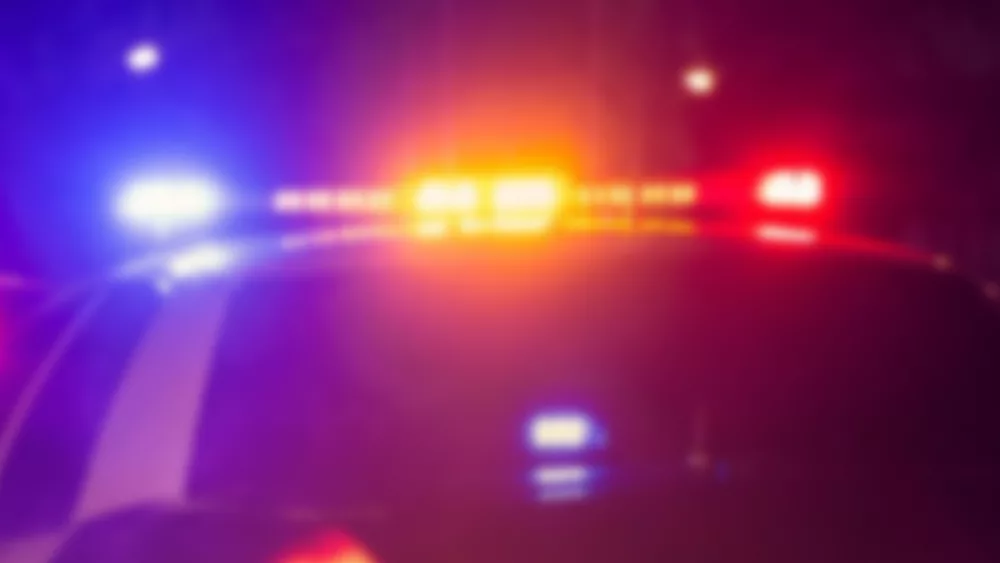OLYMPIA, WA – Following a contentious floor debate, the state Senate approved a bill Friday that would guarantee public school students in Washington certain rights.
Senate Democrats pushed the bill through on a party-line vote, 30-19.
“It’s important that we ensure every student, and I mean every student, has access to a supportive environment and responsible environments,” said Sen. Claire Wilson, D-Auburn, who is the sponsor of a related Senate bill focused on parental rights.
The students’ rights bill is among the most divisive of this year’s legislative session and is entwined with discussions around gender issues and diversity, equity and inclusion.
Democrats say it will provide important safeguards for students and greater clarity with existing law.
But republicans contend it will take control away from local school districts and is too punitive toward schools. And they say it weakens parental rights enshrined under a citizen initiative that lawmakers approved last year.
“This bill will erode parents’ trust,” said Sen. Nikki Torres, R-Pasco. “This bill is very disrespectful to parents and to families.”
Senate approval takes the legislation one step closer to becoming state law. But because the Senate amended the bill, it must go back to the House before it can reach the governor’s desk.
When the session began in January, Democratic lawmakers introduced bills in each chamber — House Bill 1296 and Senate Bill 5181 — both of which addressed parental rights, but the House version also included language dealing with students’ rights.
In March, the House bill was amended in the Senate committee process to only address students’ rights, leaving the Senate bill to tackle parents’ rights.
During Friday’s Senate floor action, Republicans introduced seven amendments, including ones to remove parts of the bill establishing a complaint process and allowing the state to withhold funds for noncompliance. GOP lawmakers also tried to scrap an emergency clause that would allow the bill to take effect immediately and shield it from a potential voter referendum.
All of the Republican amendments were rejected.
“I’m disappointed that none of the amendments we offered were accepted,” said Senate Minority Leader John Braun, R-Centralia. “We tried to keep it focused on things that would make it a better bill.”
Among the concerns Braun and others raised is that schools could get caught up in situations where federal and state laws conflict.
This year’s conversations about the rights of public school students and their parents stemmed from Initiative 2081, a citizen initiative that more than 400,000 residents signed onto and that lawmakers passed in the 2024 legislative session.
Rep. Monica Stonier, D-Vancouver, said she introduced the House bill to help ensure every student feels comfortable at school and can thrive.
“We have talked for years about how important it is to make sure that every student feels that they’re in a school setting where they belong so that they can learn,” Stonier said.
The bill outlines a list of nine specific student rights, including the right to receive an education in a safe and supportive learning environment, free of harassment and bullying.
It also says students have the right to receive copies of all school policies and procedures related to students and to have access to academic courses and instructional materials with historically and scientifically accurate information. Additionally, the bill makes clear students are free to exercise constitutionally protected rights at school.
Schools would have to develop promotional materials that incorporate the statement of student rights and make it available on school websites, social media platforms, and other communication channels. It must be added to civics educational materials as well.
The bill also requires that school districts “immediately” notify parents if a student is a victim of abuse, sexual misconduct, or assault. Setting this standard, rather than requiring notification within 48 hours, was a point of contention earlier in the session. Republicans opposed the 48-hour option, saying it was too long to wait.
GOP lawmakers also pushed against including provisions related to gender inclusive policies and procedures at schools. The bill originally included this language, but it was removed by an amendment in the Senate Early Learning and K-12 Education Committee.
A floor amendment from Sen. T’wina Nobles, D-Fircrest, added language to protect students from discrimination based on ethnicity, sexual orientation, gender expression, and gender identities. The amendment also aims to protect students facing homelessness, those who lack citizenship status, and those who are neurodivergent from discrimination.
“We run public schools that are for the public, for everyone,” Nobles said. “And while this bill is not just to protect students that identify as LGBTQ, it protects students that have a variety of differences.”
The bill would apply to public schools, charter schools and state-tribal education compact schools.
It calls for the Office of Superintendent of Public Instruction to develop a process to investigate complaints from students, parents, and others alleging that schools are not complying with state laws in areas like civil rights, nondiscrimination, harassment, and the physical restraint or isolation of students.
Starting July 1, 2026, the office could investigate “limited” and “broad” complaints. A broad complaint is one that involves the entire student body or a subgroup of students. A limited complaint involves one or more individual students.
The bill outlines steps that the Office of the Superintendent of Public Instruction would have to take once it intervenes, with the consequences for school officials and districts becoming more severe in cases where they are found to be willfully flouting state law.
As a last resort, the office could withhold up to 20% of a district’s state funds and redirect that money toward resolving the issues the state has identified.
The bill also stipulates that school districts cannot terminate, demote, suspend, or take any other negative action against a school employee for supporting students exercising their legal rights or for teaching about historically marginalized and underrepresented groups.





